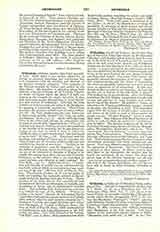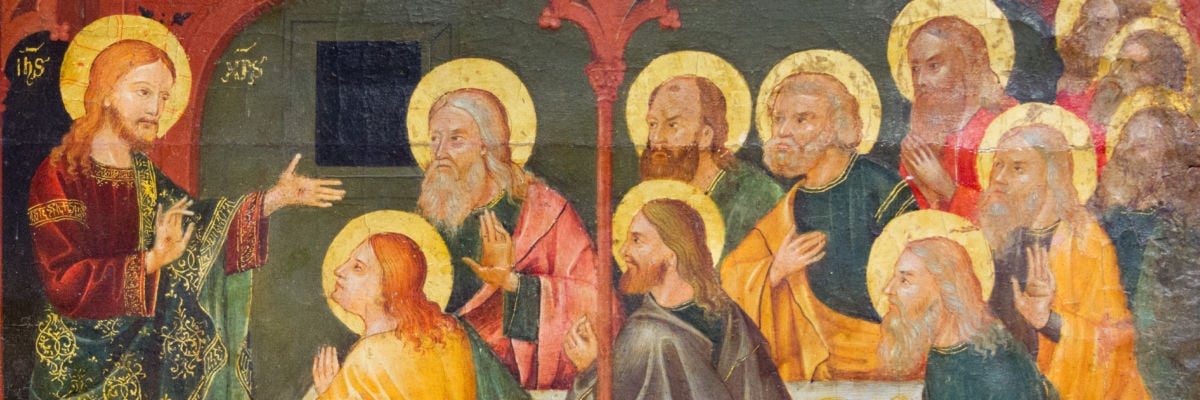

Orthodoxy, Greek: orthodoksia, signifies right belief or purity of faith. Right belief is not merely subjective, as resting on personal knowledge and convictions, but is in accordance with the teaching and direction of an absolute extrinsic authority. This authority is the Church founded by Christ, and guided by the Holy Ghost. He, therefore, is orthodox, whose faith coincides with the teachings of the Catholic Church. As divine revelation forms the deposit of faith entrusted to the Church for man’s salvation, it also, with the truths clearly deduced from it, forms the object and content of orthodoxy. Although the term orthodox or orthodoxy does not occur in the Scriptures, its meaning is repeatedly insisted on. Thus Christ proclaims the necessity of faith unto salvation (Mark, xvi, 16). St. Paul, emphasizing the same injunction in terms more specific, teaches “one Lord, one faith, one baptism” (Eph., iv, 5, 6). Again, when directing Titus in his ministerial labors, he admonishes him to speak in accord with “sound doctrine” (Tit., ii, 1). And not only does St. Paul lay stress on the soundness of the doctrine to be preached, but he also directs attention to the form in which it must be delivered: “Hold the form of sound words which thou host heard of me in faith” (II Tim., i, 13). Consistent with the teachings and method of Christ and the Apostles, the Fathers point out the necessity of preserving pure and undefiled the deposit of revelation. “Neither in the confusion of paganism”, says St. Augustine, “nor in the defilement of heresy, nor in the lethargy of schism, nor yet in the blindness of Judaism is religion to be sought; but among those alone who are called Catholic Christians, or the orthodox, that is, the custodians of sound doctrine and followers of right teaching” (De Vera Relig., cap. v). Fulgentius writes: “I rejoice that with no taint of perfidy you are solicitous for the true faith, without which no conversion is of any avail, nor can at all exist” (De Vera Fide ad Petrum, Proleg). The Church, likewise, in its zeal for purity of faith and teaching, has rigorously adhered to the example set by the Apostles and early Fathers. This is manifest in its whole history, but especially in such champions of the faith as Athanasius, in councils, condemnations of heresy, and its definitions of revealed truth. That orthodox faith is requisite for salvation is a defined doctrine of the Church. “Whosoever wishes to be saved”, declares the Athanasian Creed, “must first of all hold integral and inviolate the Catholic faith, without which he shall surely be eternally lost”. Numerous Councils and papal decisions have reiterated this dogma (cf. Council of Florence, Denz., 714; Prof. of Faith of Pius IV, Denz., 1000; condemnation of Indifferentism and Latitudinarianism in the Syll. of Pius IX, Denz., 1715, 1718; Council of the Vatican, “De Fide”, can. vi, Denz., 1815; condemnation of the Modernistic position regarding the nature and origin of dogma, Encyc. “Pascendi Dominici Gregis”, 1907, Denz., 2079). While truth must be intolerant of error (II Cor., vi, 14, 15), the Church does not deny the possibility of salvation of those earnest and sincere persons outside her fold who live and die in invincible ignorance of the true faith (cf. Council of the Vatican, Sess. III, cap. iii, Denz., 1794; S. August, Ep. xliii ad Galerium). (See Church; Faith; Protestant Confessions of Faith; Heresy; Religious indifferentism.)
CHARLES J. CALLAN


